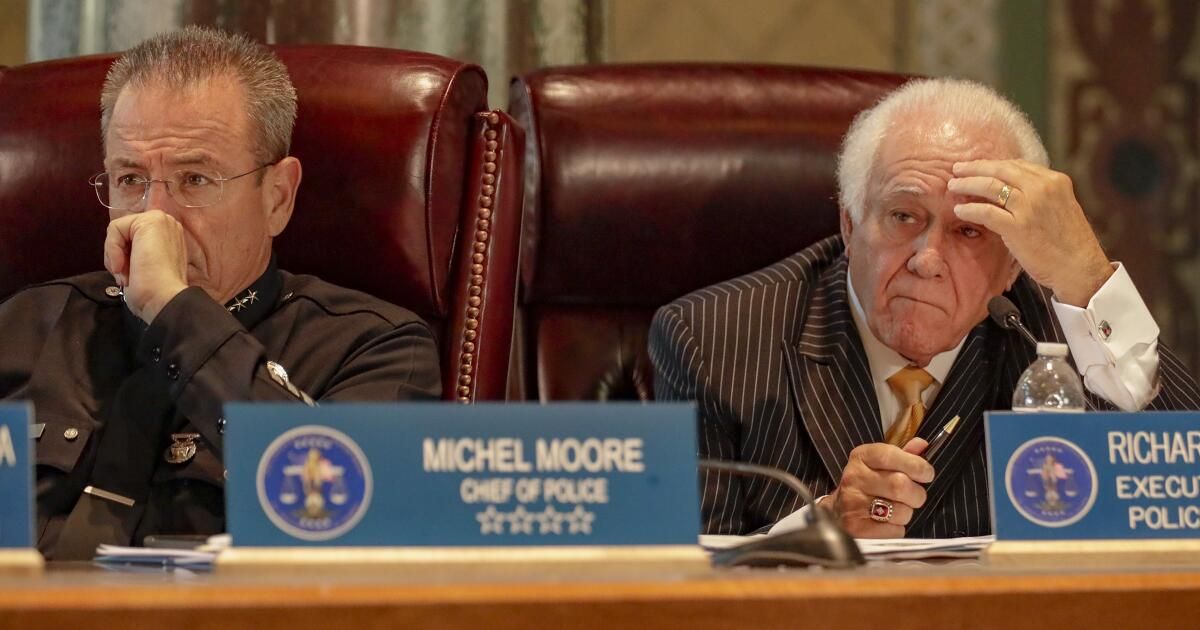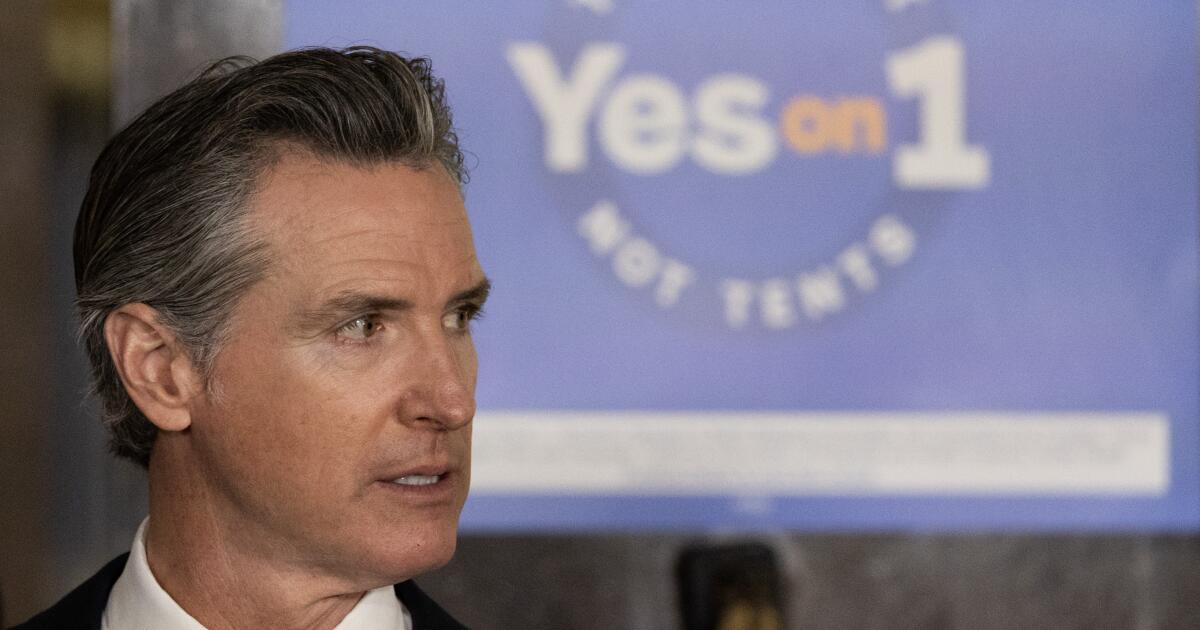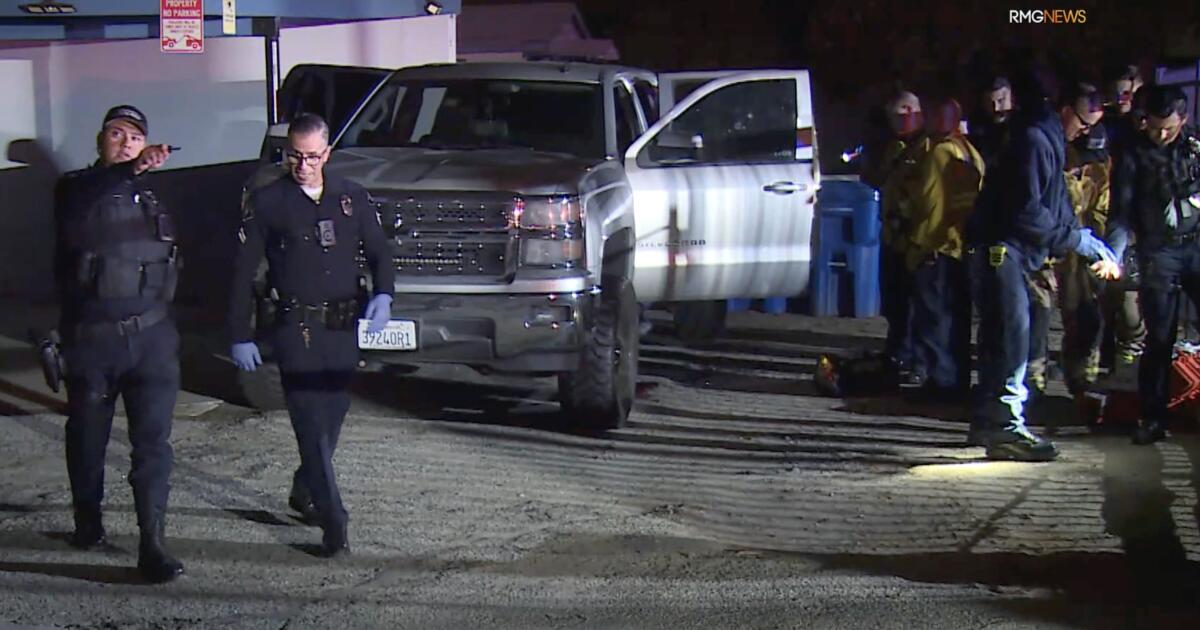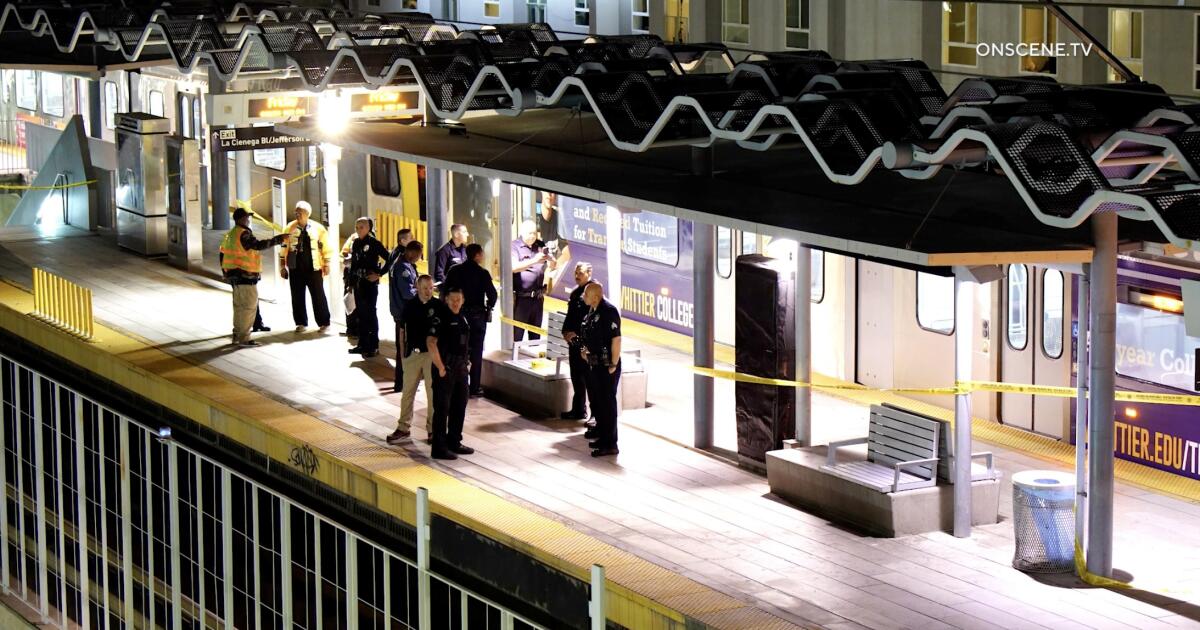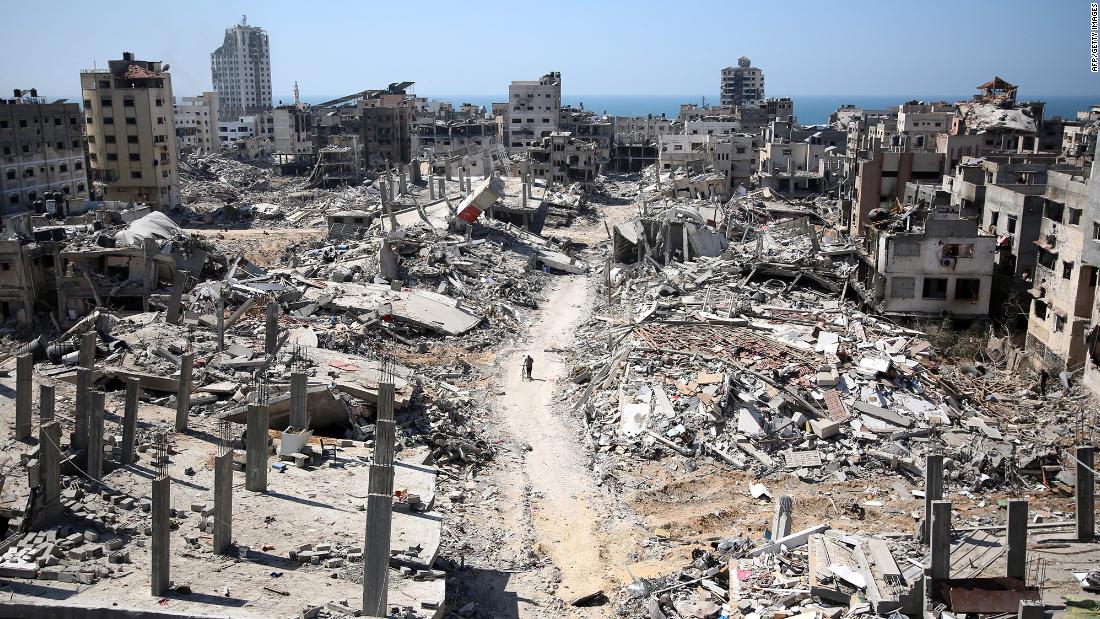Months after warning the Los Angeles City Council that they were unprepared to handle new permitting regulations for short-term rentals, including Airbnb, police officials say they still need more time before they can begin enforcing a law that took effect July 1.
In a July 11 letter to the council, Police Commission interim executive director Django Sibley said the agency has “neither the infrastructure nor the staff that would be required to implement” the so-called Responsible Hotels Ordinance, or RHO.
The new law includes a police permit requirement for hotel and short-term rental operators that advocates say will help the city crack down on party houses. But while the commission has launched a website where operators can apply for permits, it is not taking action against those who don't comply.
Commission officials have been asking the City Council for months to order the city’s chief administrative officer to “establish an office dedicated to the administration and enforcement” of the ordinance, or delay its enactment for a year.
Citing the “impracticality of full implementation,” Sibley’s July 11 letter said the commission “cannot and will not issue permits, enforce the police permit requirement, or investigate complaints regarding RHO compliance.”
The ordinance was the result of a last-minute deal reached between the council and the politically powerful hotel workers union to avoid a controversial ballot measure that would have required hotels to house homeless residents in vacant rooms to help alleviate the city’s housing shortage.
Instead, the council approved the RHO, which requires short-term rental hosts, including Airbnb and Vrbo properties, to obtain a police permit to operate, like dozens of other businesses. An earlier LAPD report suggested initial fees of $260 for short-term rental operators. The City Council and neighborhood residents will be able to challenge the issuance of the permits.
The commission is a five-member civilian oversight body that functions much like a board of directors for the Los Angeles Police Department. Its investigative arm is already responsible for the “processing, investigation, issuance and enforcement” of more than 60 types of permits issued by the LAPD, including those for live entertainment cafes, bowling alleys, consignment shops and towing companies. Many permits require criminal background checks and can cost hundreds of dollars in fees.
The RHO was passed unanimously last November despite opposition from industry groups like the Los Angeles Hotel Association, which argued it creates an unfair regulatory burden on smaller, family-owned operators.
Others questioned whether this would increase the LAPD's workload.
Commission officials said they expected more than 10,000 hotels and short-term rental properties across the city would have to comply with the regulations. They said the commission would have to develop a new online portal to handle public complaints about problematic properties and increase the staffing of the unit responsible for enforcing the regulations to at least 25 employees, at an annual cost of $2.85 million.
In a statement Monday, Councilman John Lee acknowledged the commission’s repeated arguments “that they lacked the staff and resources to implement this ordinance.”
“The city routinely asks our departments to do more than their capacity allows, so it is not surprising that there is no robust system in place to enforce this ordinance after the effective date and after the Council failed to provide the commission with the necessary resources,” said Lee, who voted in favor of the ordinance.
At a commission meeting earlier this year, several members were angry that the council had ordered them to take on the responsibility without additional support.
Commission Vice Chair Rasha Gerges-Shields said she found the council’s decision inconsistent with a broader effort “to reduce the footprint of the Los Angeles Police Department by identifying current activities that could be conducted with an unarmed response.”
“What is really being created is a whole new regulatory system” that relies on the police, he said.
The new features will “basically turn the commission into the ‘Hotels and Airbnb Commission,’” he said.
Randy Renick, executive director of Better Neighbors LA, a coalition that includes hotel employees, tenants’ rights groups and housing advocates, sees the back-and-forth around the ordinance as another sign of the city’s unwillingness to address problems related to short-term rentals. He pointed to several recent shootings at illegal rental properties that he said underscore the need for police intervention.
“I think short-term rentals, the crime surrounding them and their contribution to the housing crisis need to be addressed on multiple fronts and there are multiple city agencies that need to do it, including the police,” he said. “The City Council gave this responsibility to the police; they need to do it.”
Times staff writer David Zahniser contributed to this report.

